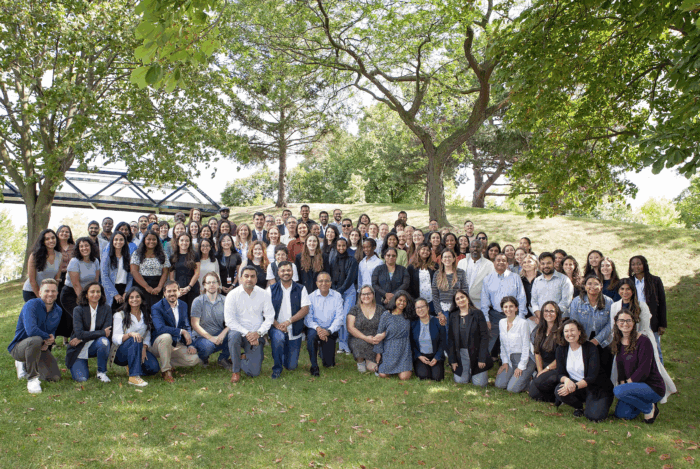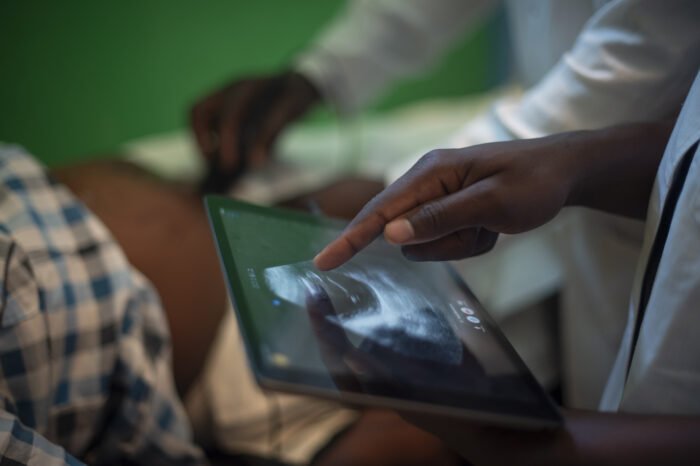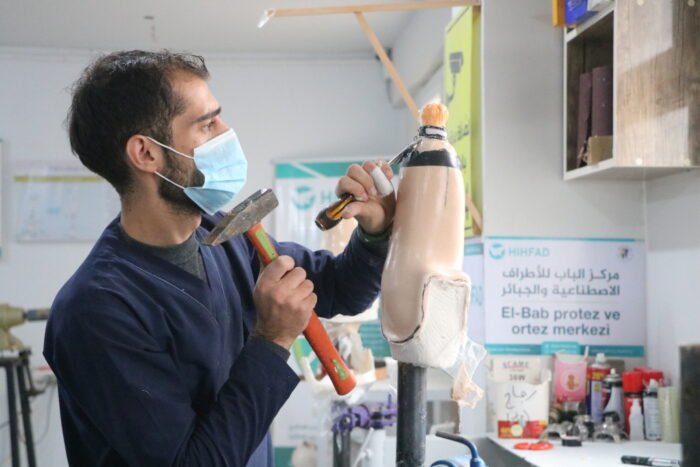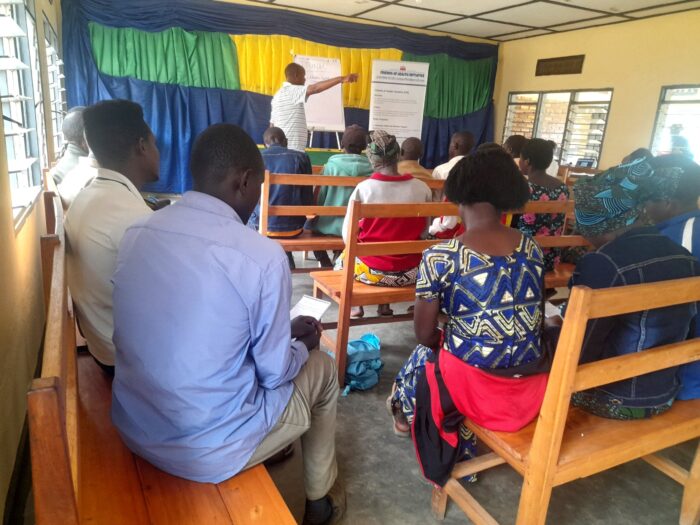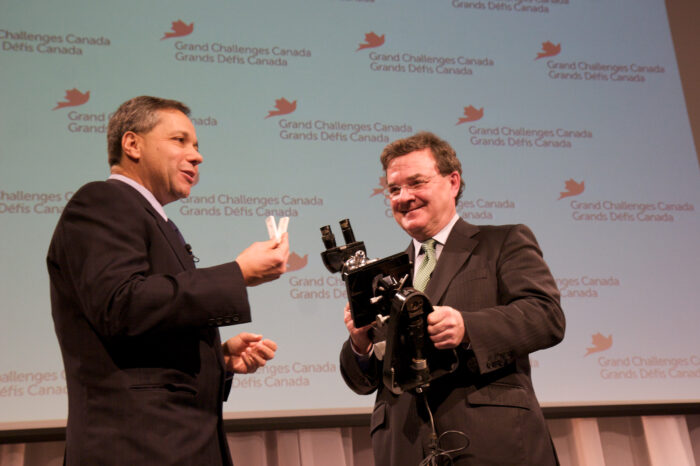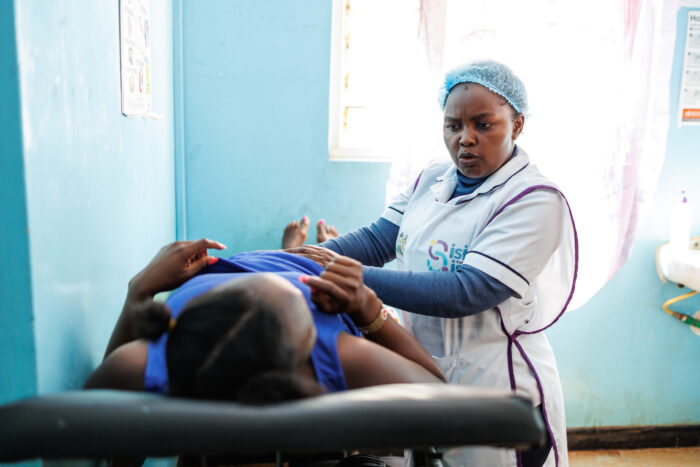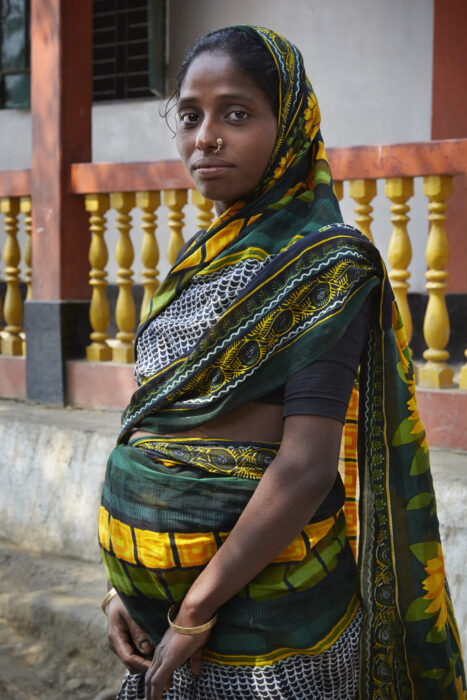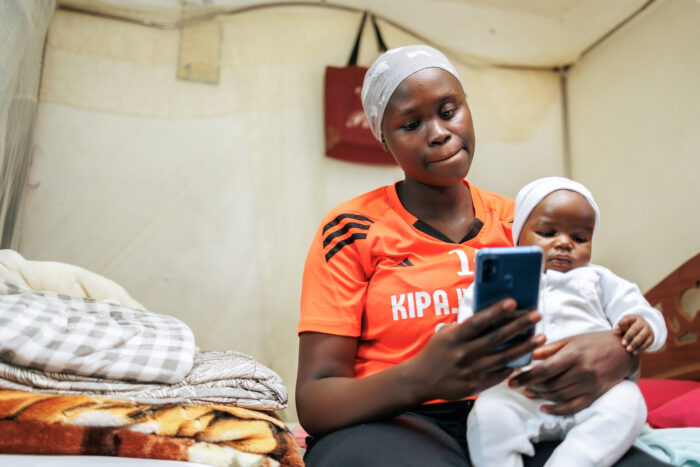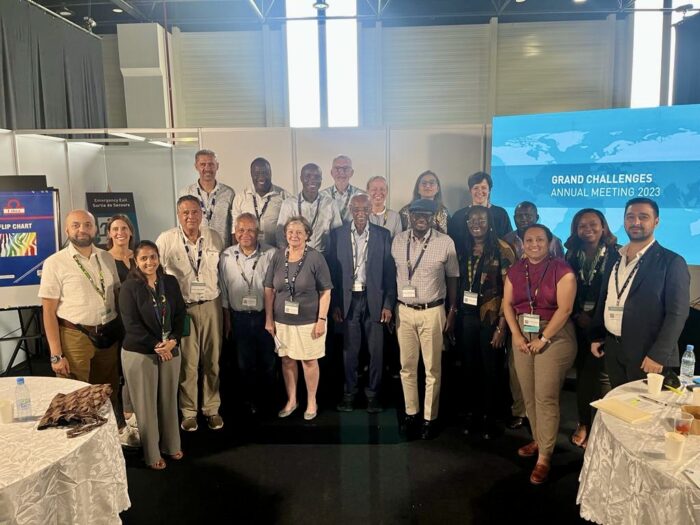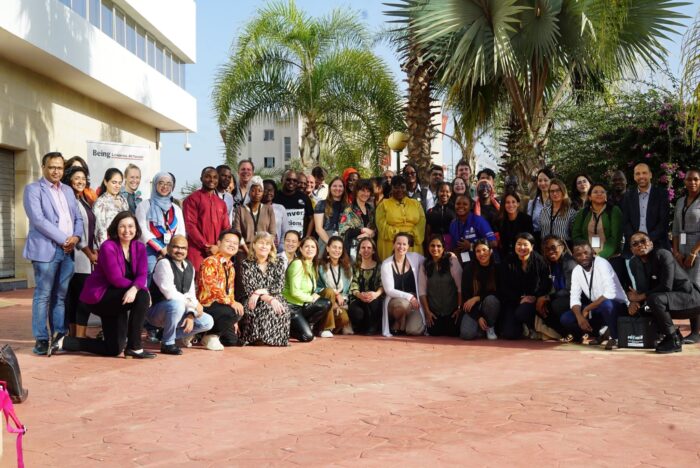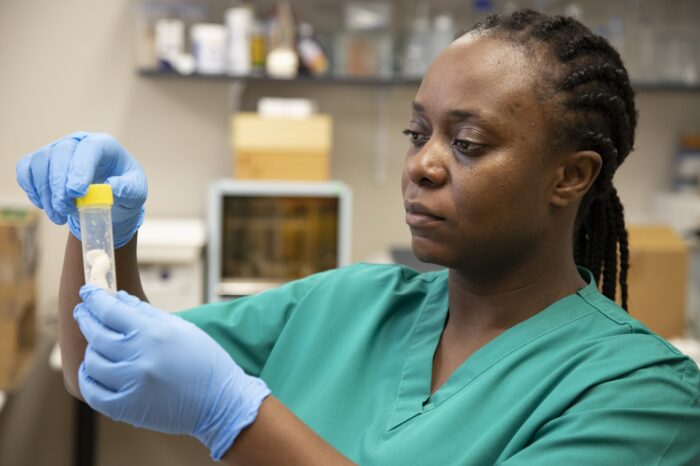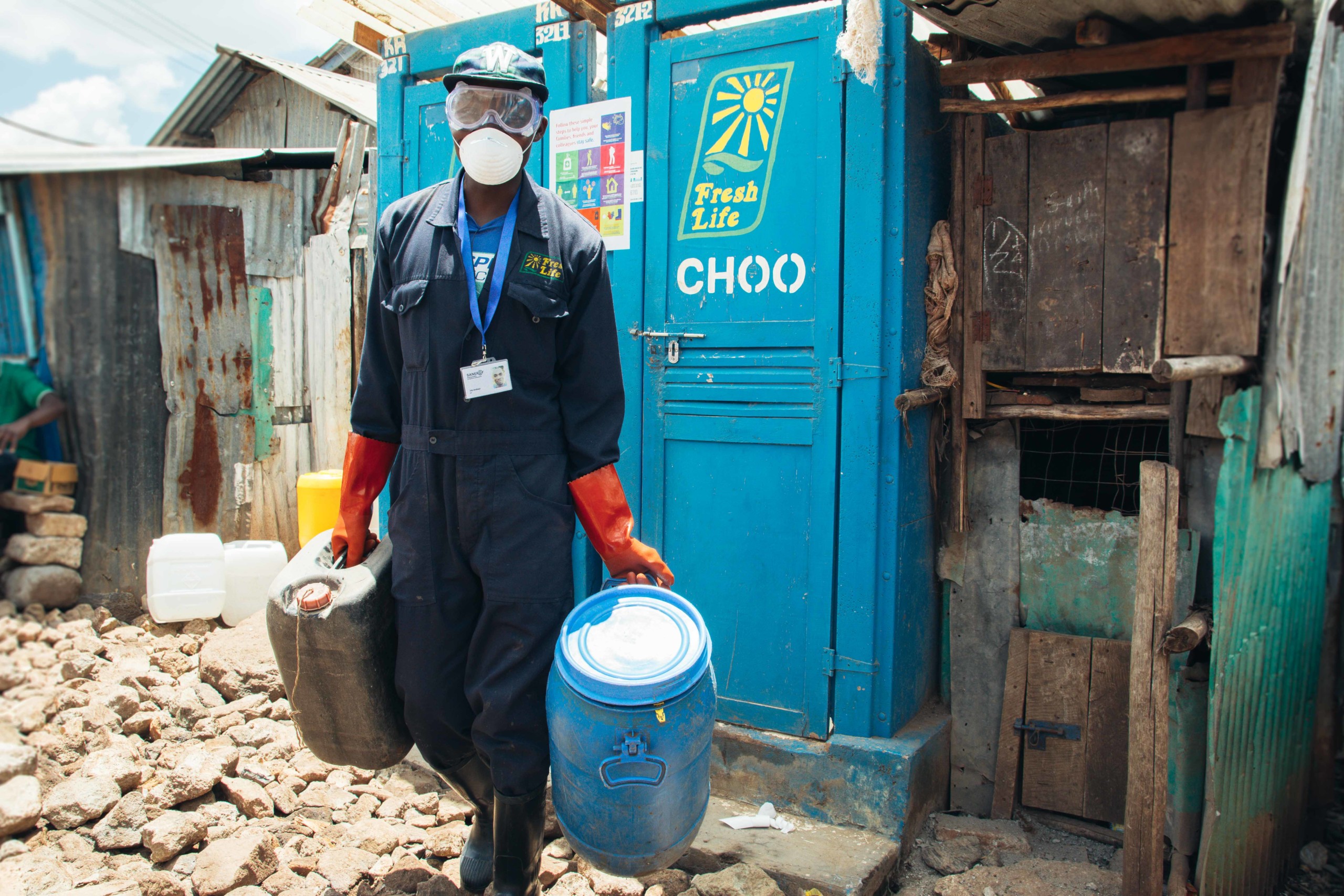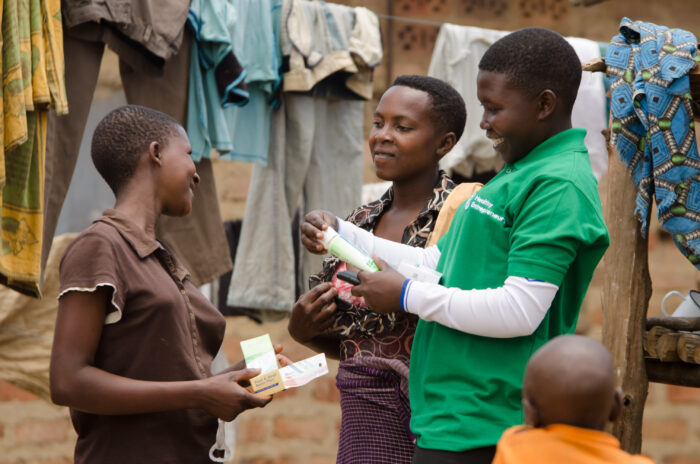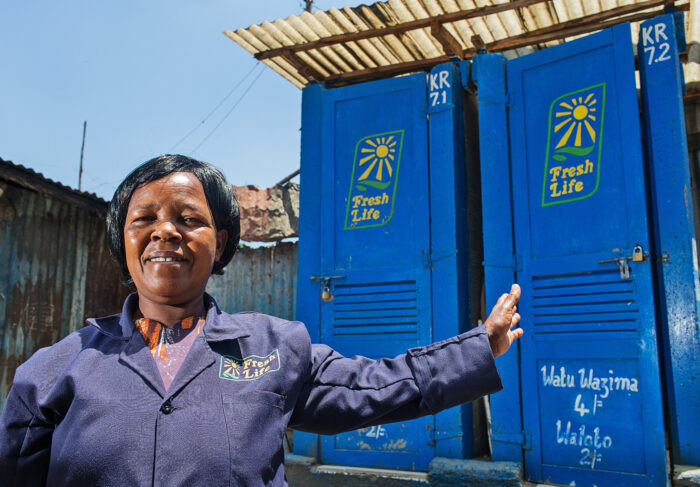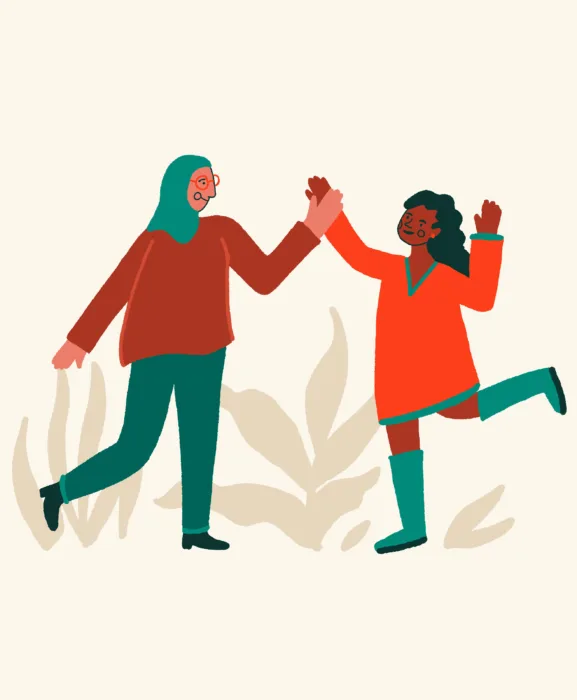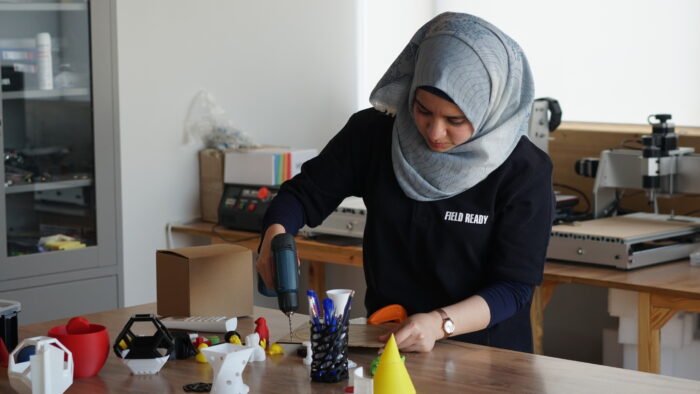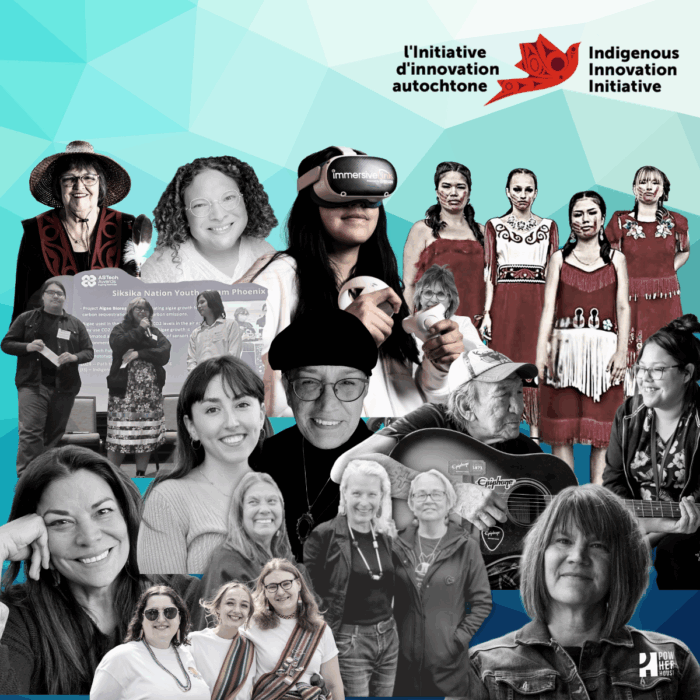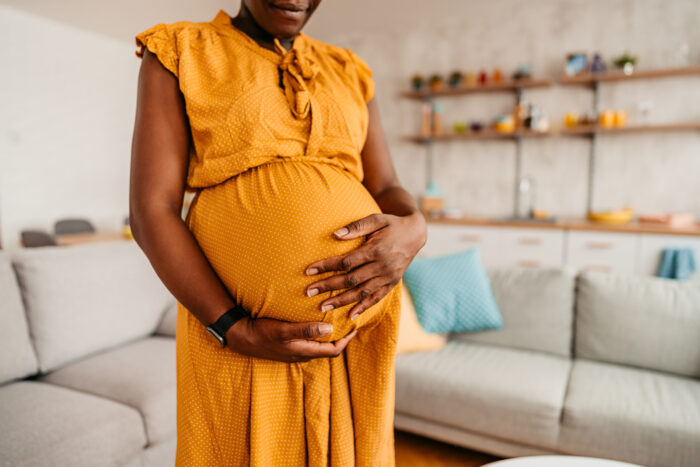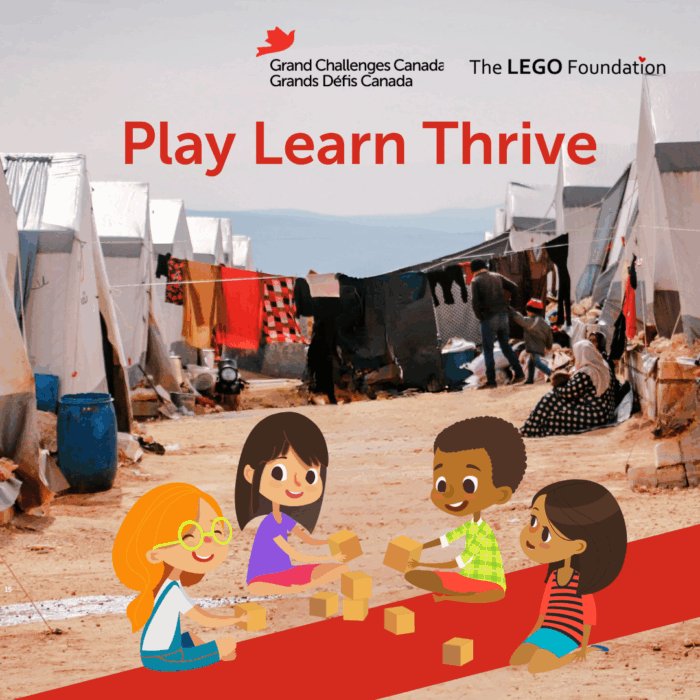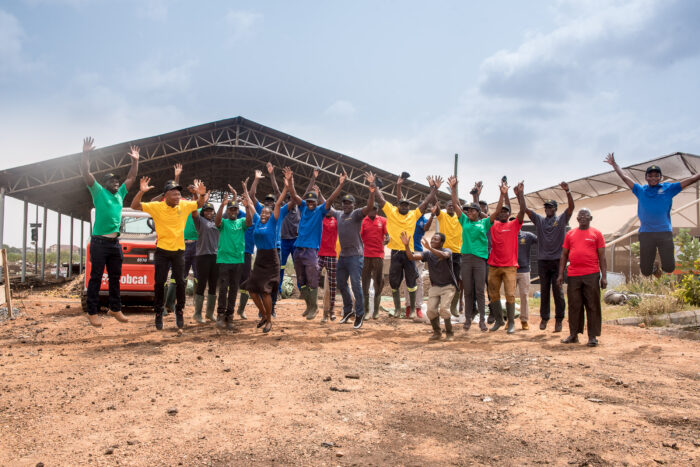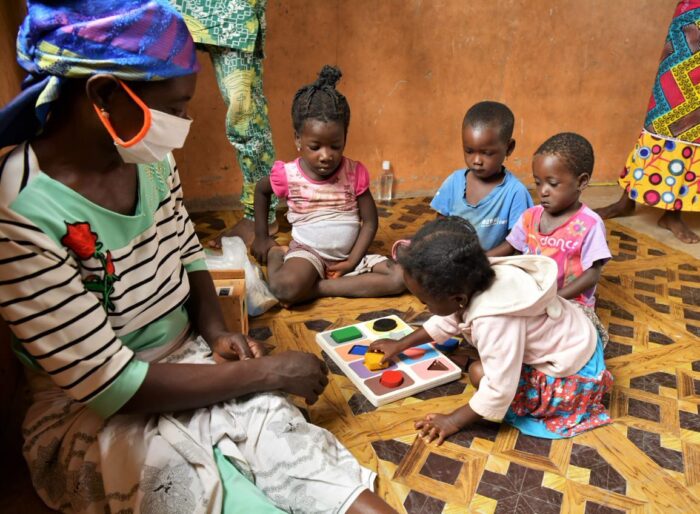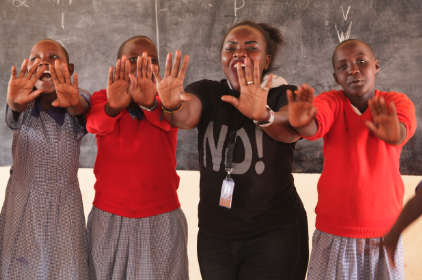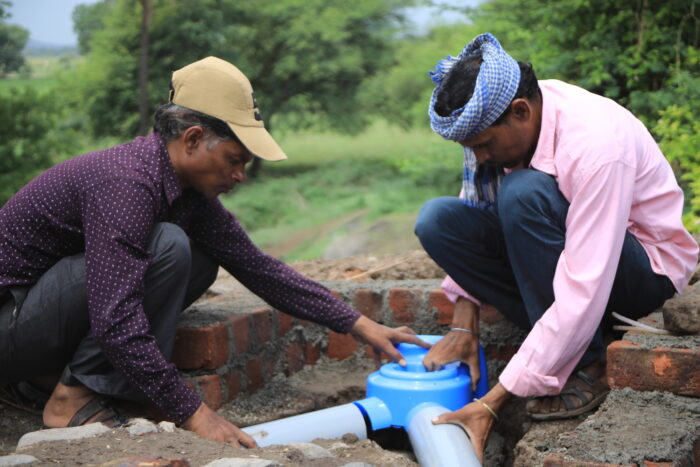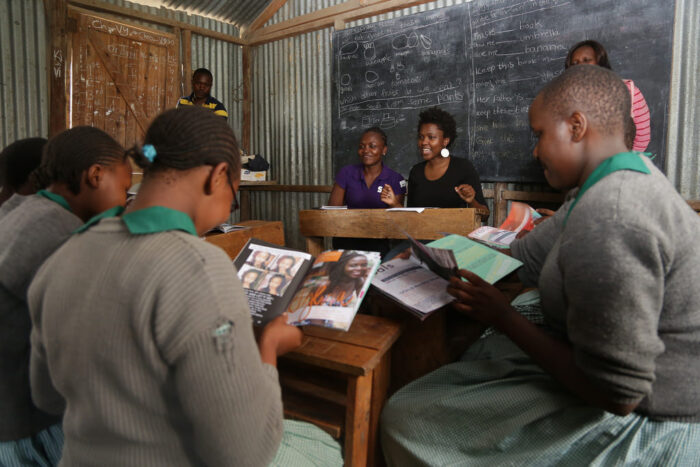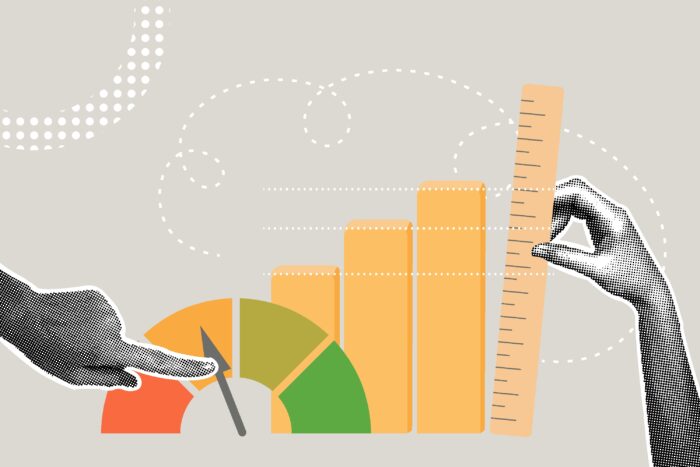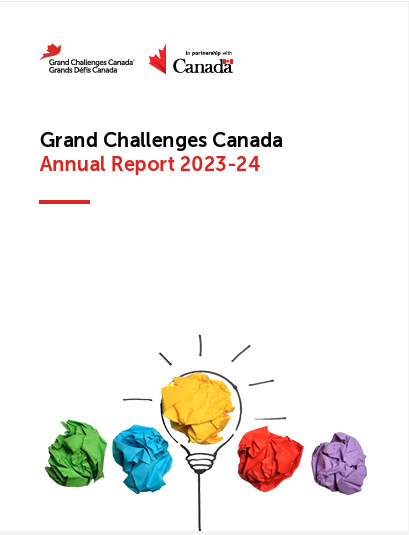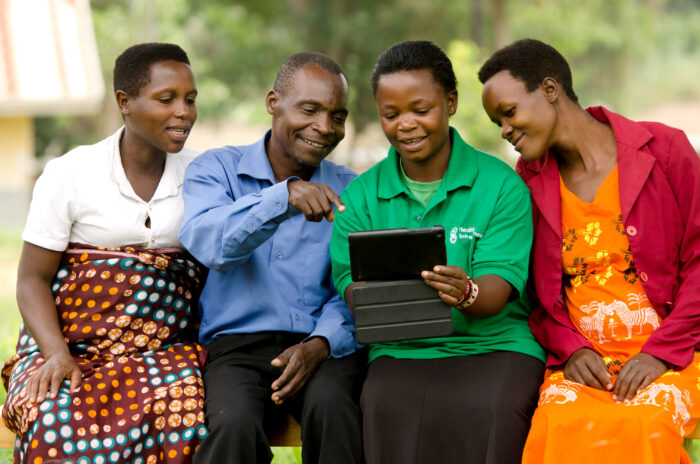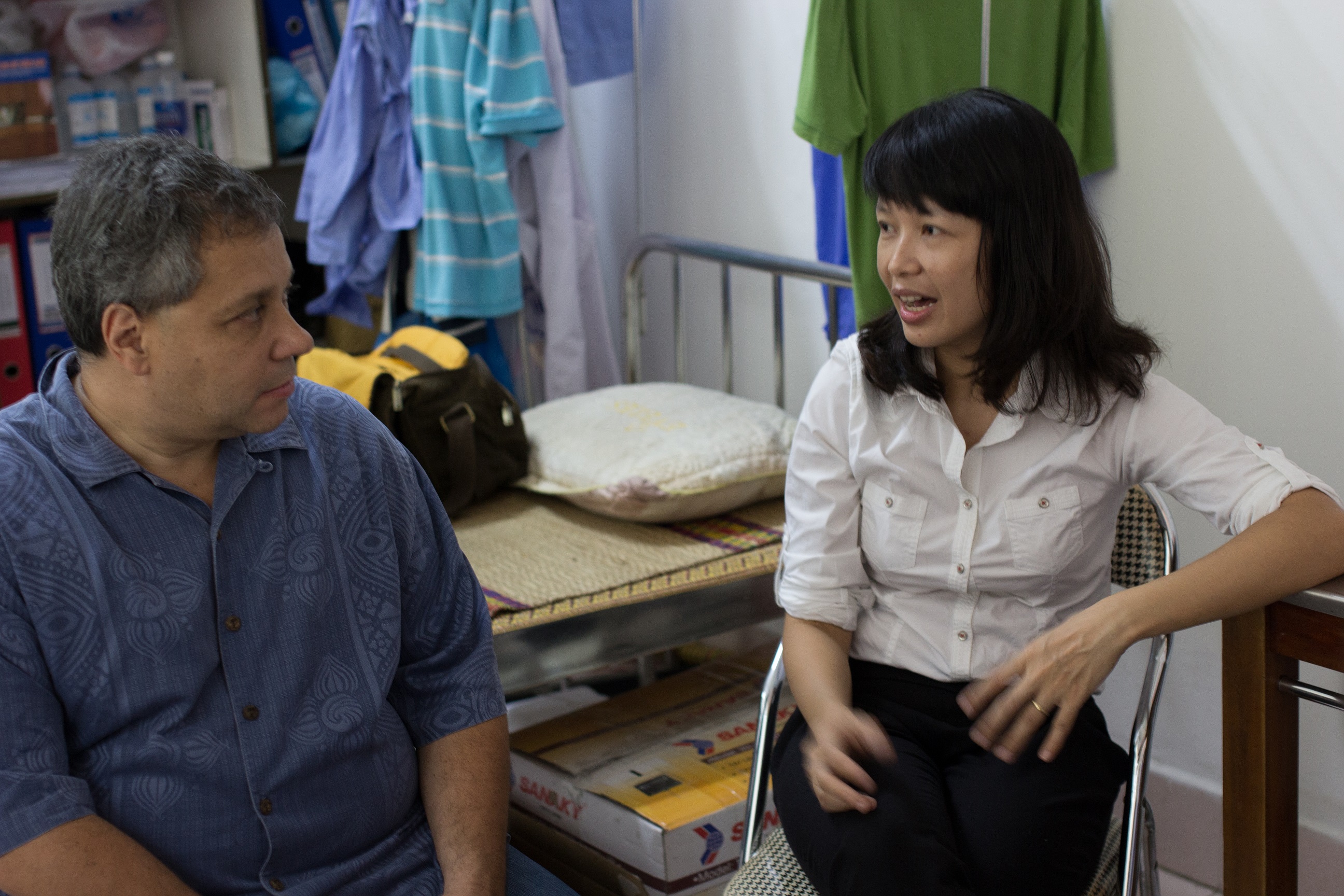Nazeem Muhajarine is Professor of Community Health and Epidemiology, College of Medicine, University of Saskatchewan and Director of the Saskatchewan Population Health and Evaluation Research Unit. He is one of our innovators in the Stars in Global Health program.
Every year in Vietnam, thousands of young people leave their homes in the rural areas of the country and migrate to urban centres such as Hanoi and Ho Chi Minh City to find work in factories, manufacturing products such as electronics, garments, footwear, and textiles for export. The 2009 Population and Housing Census, Vietnam, showed that 6.6 million people changed their place of residence between 2004 and 2009, an almost 50% increase from the 1990s. This flood of migrant workers has come with the rapid modernization and industrialization of Vietnam, the boom that propelled the country from one of the five poorest countries in 1985 to one of the world’s fastest growing economies. A large proportion of these migrant workers are women, many of them young and, due to their status as both women and migrants, they face a host of challenges that can include lower income, lack of familial support systems, poor social benefits, and trouble gaining access to the health information and services they may need.
Institutional barriers and cultural factors prevent these migrant women from accessing essential health services and the knowledge of how to keep themselves healthy in their new environment, especially concerning reproductive and sexual health. These women may not seek out information on sexual health, due to fear of judgement in their small social support systems that are often connected to their home communities. They may also be blocked from accessing formal medical systems due to being migrants, making them especially vulnerable because, as young, mostly unmarried women, they are especially at risk for unprotected sexual activity and unwanted pregnancies. The unsafe abortions and STIs (including HIV/AIDS) that can follow if they do not have access to health services and information can be very dangerous to migrants.
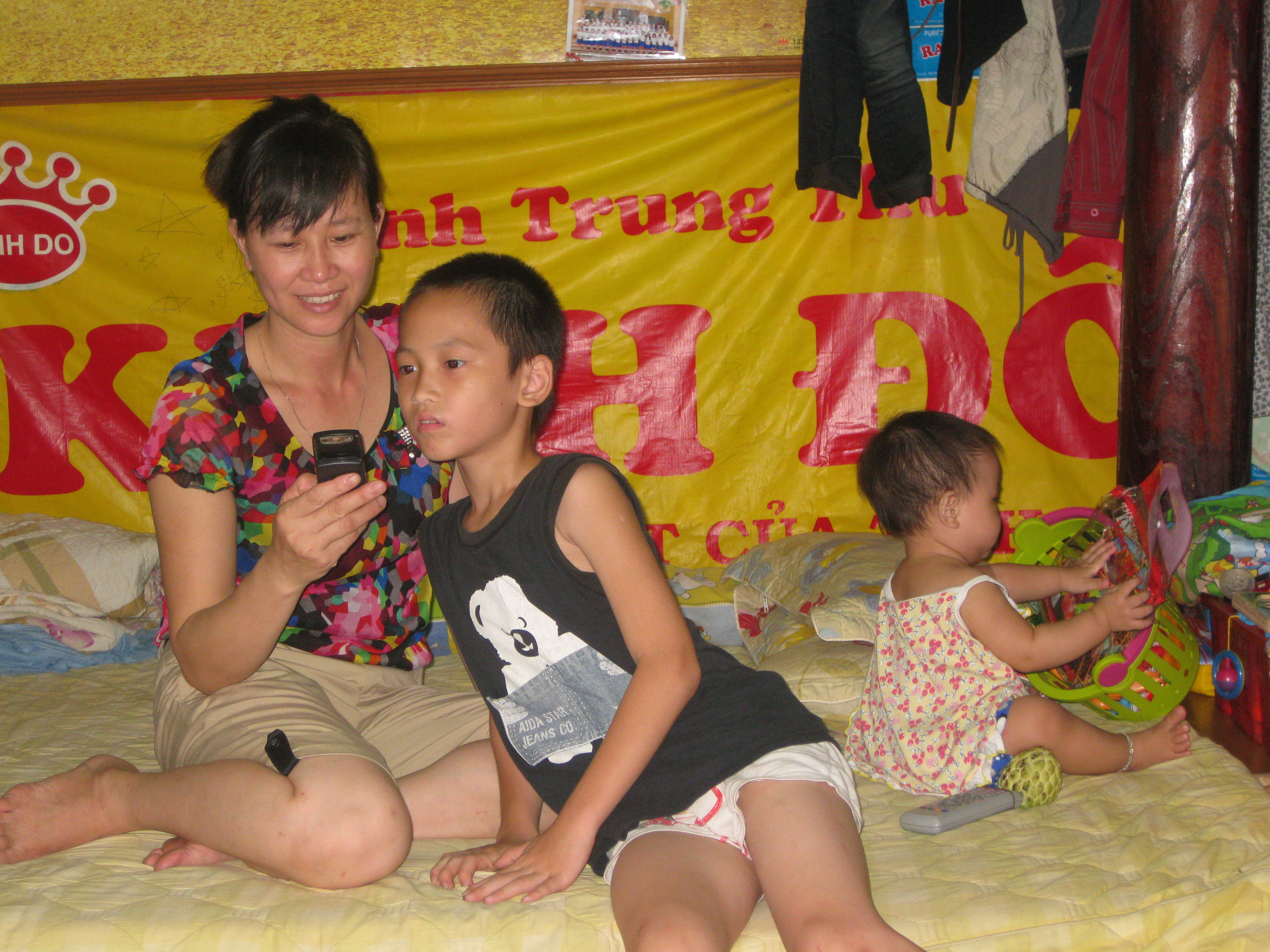 In order to tackle these barriers, Lan Vu, Hanoi School of Public Health, Vietnam, and Nazeem Muhajarine at the University of Saskatchewan developed the mHealth for Migrants project. The aim of this innovation was to improve female migrants’ awareness of reproductive health issues and health services they could access in their area. With funding from Grand Challenges Canada, which is funded by the Government of Canada, the project used a mobile phone messaging system, a free counselling hotline, and a website and open discussion forum to create a simple, private system that gave migrants reproductive health advice and affordable health service locations nearby. The project registered 482 female migrants, who received various services through the project. After the project period (June 2013–June 2014), the researchers evaluated how effective the system was at improving migrants’ knowledge of how to keep themselves healthy.
In order to tackle these barriers, Lan Vu, Hanoi School of Public Health, Vietnam, and Nazeem Muhajarine at the University of Saskatchewan developed the mHealth for Migrants project. The aim of this innovation was to improve female migrants’ awareness of reproductive health issues and health services they could access in their area. With funding from Grand Challenges Canada, which is funded by the Government of Canada, the project used a mobile phone messaging system, a free counselling hotline, and a website and open discussion forum to create a simple, private system that gave migrants reproductive health advice and affordable health service locations nearby. The project registered 482 female migrants, who received various services through the project. After the project period (June 2013–June 2014), the researchers evaluated how effective the system was at improving migrants’ knowledge of how to keep themselves healthy.
One of the project’s key services was the use of short message service (SMS) text messaging as a low-cost, convenient way to communicate helpful health information to the migrants. A health expert developed 170 different messages, each no longer than 160 characters, which were sent out to migrants who had registered with the project. The messages were sent out about three times a week after working hours, covering topics such as STI and HIV/AIDS prevention, modern contraceptives, early pregnancy tests, safe sex, antenatal care and safe abortions. The SMS service was an innovative way to harness the increasing ownership of mobile phones among populations such as migrant women. The required brevity of these messages also ensured that the information was clearly and simply communicated, so that it could be easily understood and remembered. These messages could also be passed on from one client to her network of friends, so that they could also benefit from the information.
 The counselling hotline was a way to give personal health advice on demand and answer the migrants’ specific questions. The project provided a 24/7, free, confidential hotline operated by reproductive health specialists, open to any questions on reproductive and family health matters for the clients that called in. The experts answered 768 calls, not only from clients registered with the project but from other women as well, who had heard about the hotline through word of mouth. Similar to the SMS service, the most discussed topics were STI prevention and modern contraceptives, matters that migrants may have felt they could not discuss with their friends and family, due to the social pressure in Vietnam for women to remain abstinent until marriage. Thanks to the specificity of the hotline consultation, the experts were also able to recommend healthcare service locations in a vicinity convenient to the client. As most calls were made after working hours, with some very late at night, the hotline addressed the need many migrants had for time-sensitive or urgent advice. As one client said in the post-project survey, “Migrants work very long hours, and government health services are often closed by the time they finish work. The hotline was easily accessible at any time of day or night; all the clients had to do was pick up the phone and dial”.
The counselling hotline was a way to give personal health advice on demand and answer the migrants’ specific questions. The project provided a 24/7, free, confidential hotline operated by reproductive health specialists, open to any questions on reproductive and family health matters for the clients that called in. The experts answered 768 calls, not only from clients registered with the project but from other women as well, who had heard about the hotline through word of mouth. Similar to the SMS service, the most discussed topics were STI prevention and modern contraceptives, matters that migrants may have felt they could not discuss with their friends and family, due to the social pressure in Vietnam for women to remain abstinent until marriage. Thanks to the specificity of the hotline consultation, the experts were also able to recommend healthcare service locations in a vicinity convenient to the client. As most calls were made after working hours, with some very late at night, the hotline addressed the need many migrants had for time-sensitive or urgent advice. As one client said in the post-project survey, “Migrants work very long hours, and government health services are often closed by the time they finish work. The hotline was easily accessible at any time of day or night; all the clients had to do was pick up the phone and dial”.
The project also opened a website and discussion forum, providing information about the project and a place for visitors to ask questions and discuss with each other issues of reproductive health. This allowed the project staff to relay more detailed health information, along with pictures, diagrams that could help with proper contraceptive use and STI prevention, as well as maps to reproductive health clinics in the area. This platform was also helpful to younger migrants who may have been more comfortable using the Internet than speaking on the phone. Clients stated that they appreciated the anonymity of the forum, which made them feel more comfortable asking personal questions. After the project period ended, the website remained as a resource for others looking for reproductive health information.
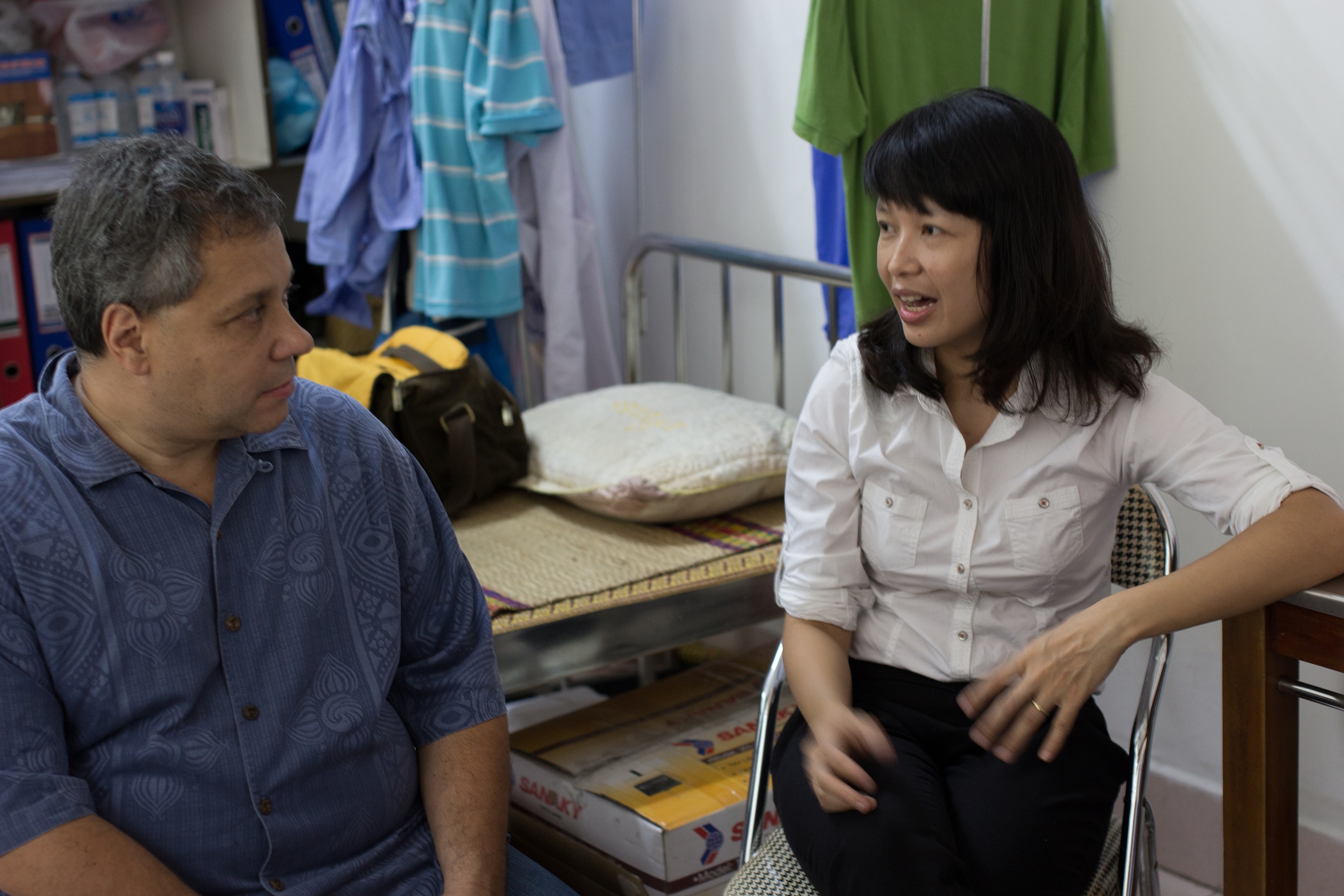
Evaluation of the project revealed a marked improvement in the registered migrants’ knowledge of various reproductive health issues. In the post-project surveys, migrants showed a wider knowledge of STI symptoms, as well as recognizing high-risk behaviours for HIV/AIDS, such as having sexual relations with multiple partners without a condom (61% pre-intervention to 74% post-intervention). More women gave correct answers when asked about methods of preventing HIV/AIDS (36% to 62%). Migrants showed increased knowledge of when one can have an abortion and where to go for a safe procedure. On the proper use of modern contraceptives, the migrants’ knowledge vastly improved. Originally, only 37% of clients demonstrated a good understanding of how to correctly use a condom, which increased to 63% post-intervention. The project’s efforts to use innovative methods (such as SMS messaging, the website and free hotline) proved successful in reaching the migrants, and in delivering information in a way that was convenient and comfortable for the migrants.
The project proved that the mHealth model is a viable system for delivering timely, confidential and convenient health information to at-risk populations. Moving forward, the researchers determined that a similar intervention is needed for other migrant populations in the area, such as those outside industrial zones, as well as expanding to topics outside reproductive health, such as mental health, nutrition and substance control. Ideally, this project and others adapting this system would continue to be implemented in Vietnam and around the world to bring awareness of vital health issues to those who are otherwise unable to access the information they need.
We encourage you to post your questions and comments about this blog post on our Facebook page Grand Challenges Canada and on Twitter @gchallenges
